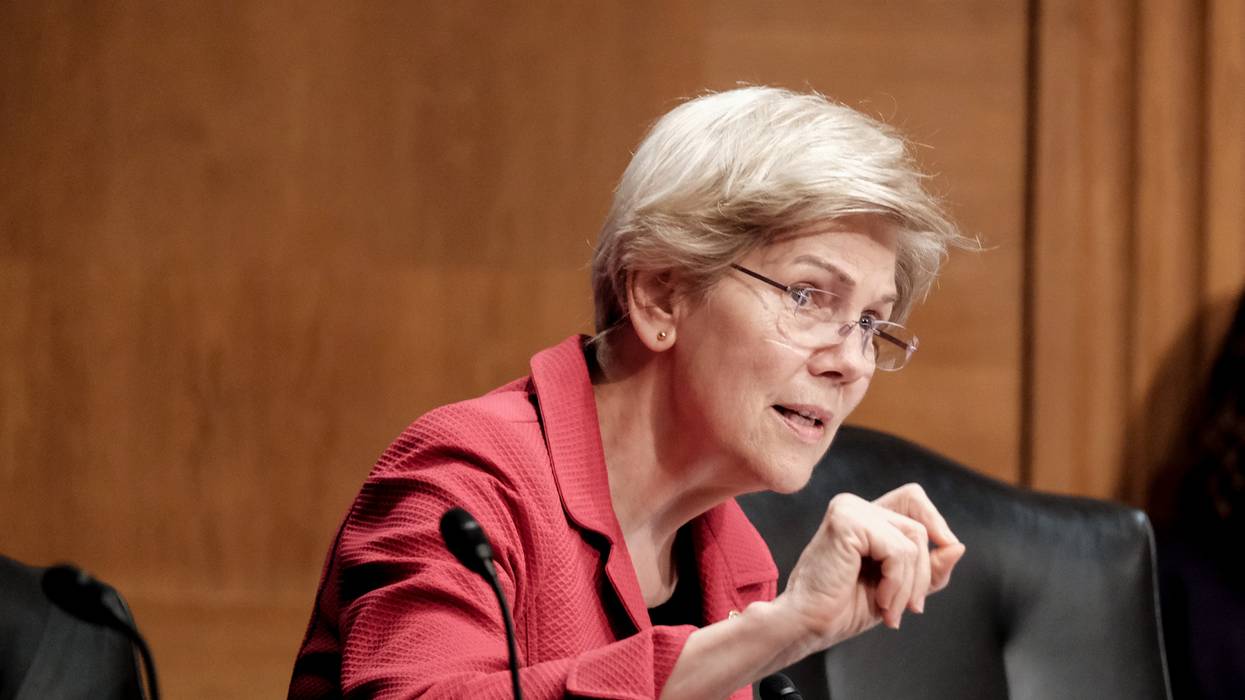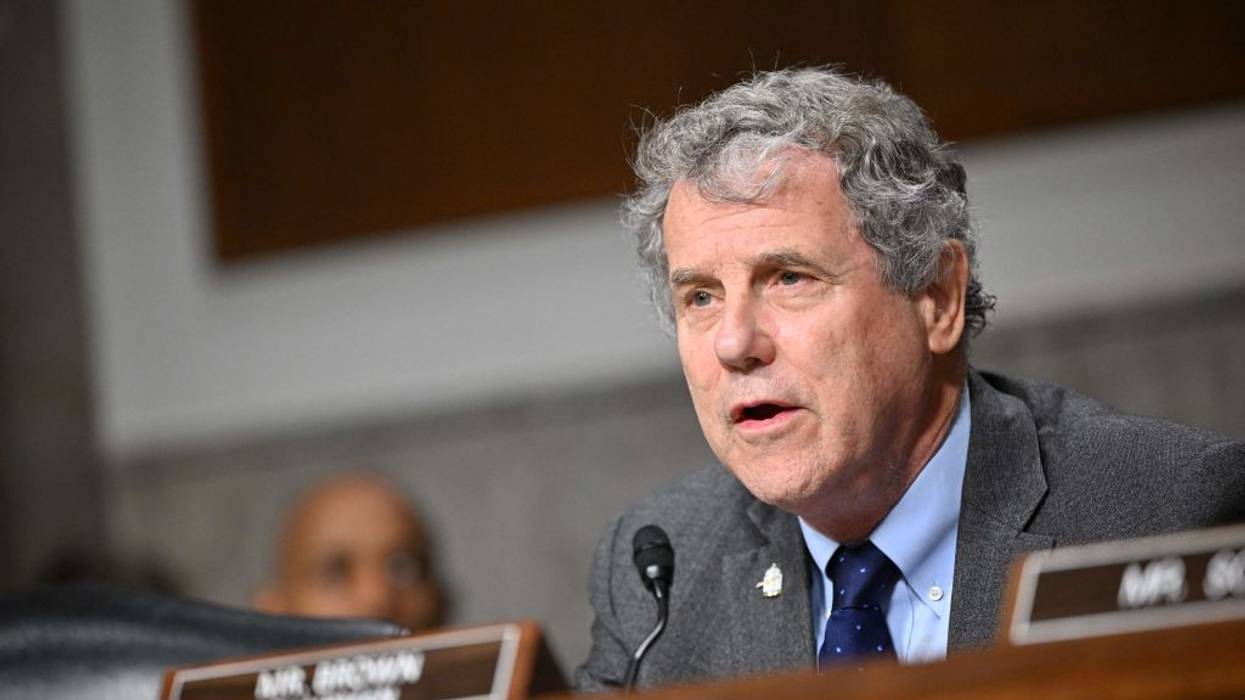"All of this is happening while corporate profits hit record highs," the senator continued. "Let's be clear: The fact that prices and corporate profits are going up at the same time is no coincidence. A
study by the Kansas City Fed found that corporate profits drove half of the price increases in 2021."
Bilal Baydoun, director of policy and research at the Groundwork Collaborative, testified that "in America today, a fair price, let alone a sweet deal, is harder and harder to come by. In the age of corporate concentration and high-powered algorithms, pricing is in the midst of a troubling transformation, and the price tag as we know it may become a relic of the past."
"At every turn, companies are cutting corners on the path to record profits, and American consumers are paying the price," he continued. "In a practice known as 'shrinkflation,' companies discreetly reduce the size or volume of common household items—everything from jars of peanut butter to bars of soap—to charge consumers more for less."
"For some essential goods like household paper towels, shrinkflation accounted for roughly 10% of the price increase consumers experienced over the last four years," Baydoun added. "Indeed, big profits increasingly come in smaller packages."
Accountable.US president Caroline Ciccone and other executive members of the group submitted a
statement for the record asserting that "the American people are fed up with corporate greed and price gouging."
The statement continues:
Even as inflation has gone down, prices remain too high. Americans understand that corporate greed is a major driver of costs that make it difficult for their families to make ends meet.
Corporate profits have exploded since 2020, and a recent study by our partners at the Groundwork Collaborative found that for much of 2023, corporate profits drove 53% of inflation. Comparatively, over the 40 years before the pandemic, profits drove just 11% of price growth. In the final three months of 2023, corporate profits reached an all-time high of $2.8 trillion, according to Commerce Department data.
"From Big Food to corporate landlords to Big Pharma, CEOs across industries keep raising prices despite bragging of bigger and bigger profits and stock rewards for wealthy investors," said Liz Zelnick, director of Accountable.US' Economic Security & Corporate Power program. "These executives clearly didn't need to raise prices so high, but they did it anyway because they could."
"Yet one by one," she added, "conservative Senate Banking Committee members today gave a free pass to their corporate megadonors and instead disingenuously blamed the Biden administration's
actions against junk fees and price gouging that are actually working to lower costs for everyday families. They should get their priorities in check."
Earlier this year, Brown and Sen. Bob Casey (D-Pa.) introduced a bill "to crack down on companies shrinking their products and raising their prices."
The Shrinkflation Prevention Act would:
- Direct the Federal Trade Commission (FTC) to promulgate regulations to establish shrinkflation as an unfair or deceptive act or practice, prohibiting manufacturers from engaging in shrinkflation;
- Authorize the FTC to pursue civil actions against corporations who engage in shrinkflation; and
- Authorize state attorneys general to bring civil actions against corporations engaging in shrinkflation.
"We need members of Congress to grow spines and stand up to more of these corporate lobbyists," Brown said during Thursday's hearing. "We need our colleagues to join us in efforts like this, to lower prices and stop these tactics that distort the market, stifle competition, and make it harder for Americans to afford the cost of living."




